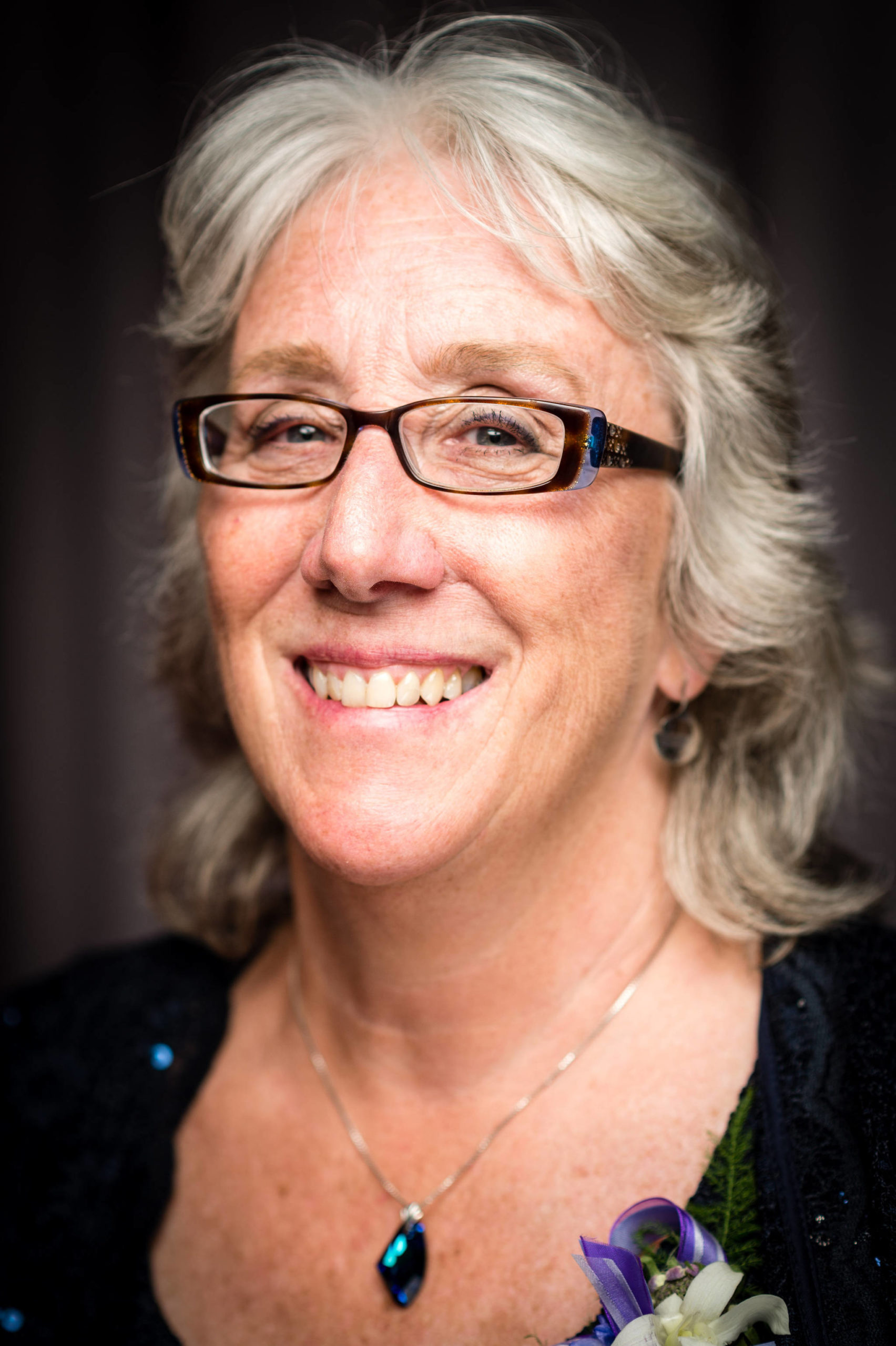In a recent Juneau Empire story, “What worries Alaska’s fishermen,” Governor Dunleavy’s Deputy Communications Director Jeff Turner commented about the proposed Pebble Mine project.
Turner said, “The Governor supports … all natural resource development projects that can meet or exceed Alaska’s stringent environmental standards, which are considered the highest in the world.” As a natural resource professional who has resided in Alaska for over 40 years and seen the consistent rollback of environmental standards, I do not know the world Turner speaks off. Take for example: Alaska, with 33,900 miles of coastline, is the only coastal state in the United States without a coastal management program. From Costa Rica to British Columbia every region on the west coast of North America has a climate action plan, except Alaska.
Alaska’s downward environmental trend started in 2002 when former U.S. Sen. and Gov. Frank Murkowski dismantled the Habitat Division of the Alaska Department of Fish and Game and then placed a greatly diminished habitat role under the Department of Natural Resources. Next, in 2003, the Alaska Coastal Management Program was altered to all but silence the community’s role in the planning and permitting process.
What Murkowski started with coastal management; Governor Parnell finished. By cutting funding and staff, Governor Parnell set the ACMP up to expire if the Legislature did not renew it. Many members of the Legislature tried to keep the program alive but in the end the ACMP died with the conclusion of the 2011 legislative session. Once the ACMP went away, so too did Fish and Game’s ability to place habitat protection measures on resident fish and uncatalogued anadromous streams.
The next major rollback of environmental standards came in 2013 when Parnell successfully pushed through a bill aimed at unravelling the cruise ship discharge requirements that Alaskans approved in the 2006 election. Now, instead of having a cruise industry specific permit for wastewater discharges there is a general permit issued for all cruise ships. Without recognizing that discharges from moving pipes are fundamentally different from waste at a measurable fixed site; with no recognition that ships cruise by all types of coastal habitats, we now permit cruise ships the same as municipalities. Dunleavy eliminated the budget for the ocean ranger program in 2019, so we now monitor discharges the same as towns. Consequently, the State of Alaska has now completely rolled back the voter-approved measure to protect coastal waters. Is this how a state “considered the highest in the world” in regard to environmental standards would act?
[Cut Ocean Ranger funds could be used on sewage plants]
Now, let’s move to regulating emissions from the oil and gas industry. Do we have high standards here? We should because methane is about 30 times more potent as a greenhouse gas than carbon-dioxide. And it stays around a lot longer. Deeply concerned about the devastating impact of methane on our climate, I, along with more than 400 Alaskans, filed a request for a hearing with the Alaska Oil and Gas Conservation Commission. In the petition, we urged the commission to enforce AS. 31.05.095 that prohibits the waste of oil and gas.
The hearing was granted on Dec. 18, 2018. I was joined in testimony by Ceal Smith representing the Alaska Climate Action Network. Based on industry data from the AOGCC, Smith found that between January 2012 and October 2018 there were 1,468 gas releases exceeding the one-hour regulatory limit. We explicitly asked the commissioners for an explanation of these large number of releases and to provide evidence of enforcement action. Our concerns were dismissed without explanation.
I realize that the governor’s spokesperson, may be unaware of this citizen action before the AOGCC, but he should be aware of comparative state analyses, before praising Alaska’s stringent environmental record. According to the “The State of Methane,” a 2017 report prepared by the Taxpayers for Common Sense — an independent, nonpartisan organization — Wyoming, North Dakota and Utah, all outshine Alaska in requirements to reduce waste of natural gas. Keep in mind these are all red states. Purple states like Colorado, also do much better in monitoring and enforcing natural gas releases.
Alaska has retreated on habitat protection measures, rollbacked a voter initiative on clean water and is weak on enforcing regulations to monitor and limit methane releases. Additionally, Alaska remains a loner among states — no coastal management program and no climate action plan. This is a far cry from stringent environmental standards, considered the highest in the world. In my world, Alaska in an environmental laggard.
I am not alone in this conclusion. U.S. News and World Report recently came out with their 2019 environmental ranking of states. Alaska comes out 45th.
• Kate Troll, a longtime Alaskan, has over 22 years experience in coastal management, fisheries and energy policy and is a former executive director for United Fishermen of Alaska and the Alaska Conservation Voters. She’s been elected to local office twice, written two books and resides in Douglas. Columns, My Turns and Letters to the Editor represent the view of the author, not the view of the Juneau Empire. Have something to say? Here’s how to submit a My Turn or letter.

